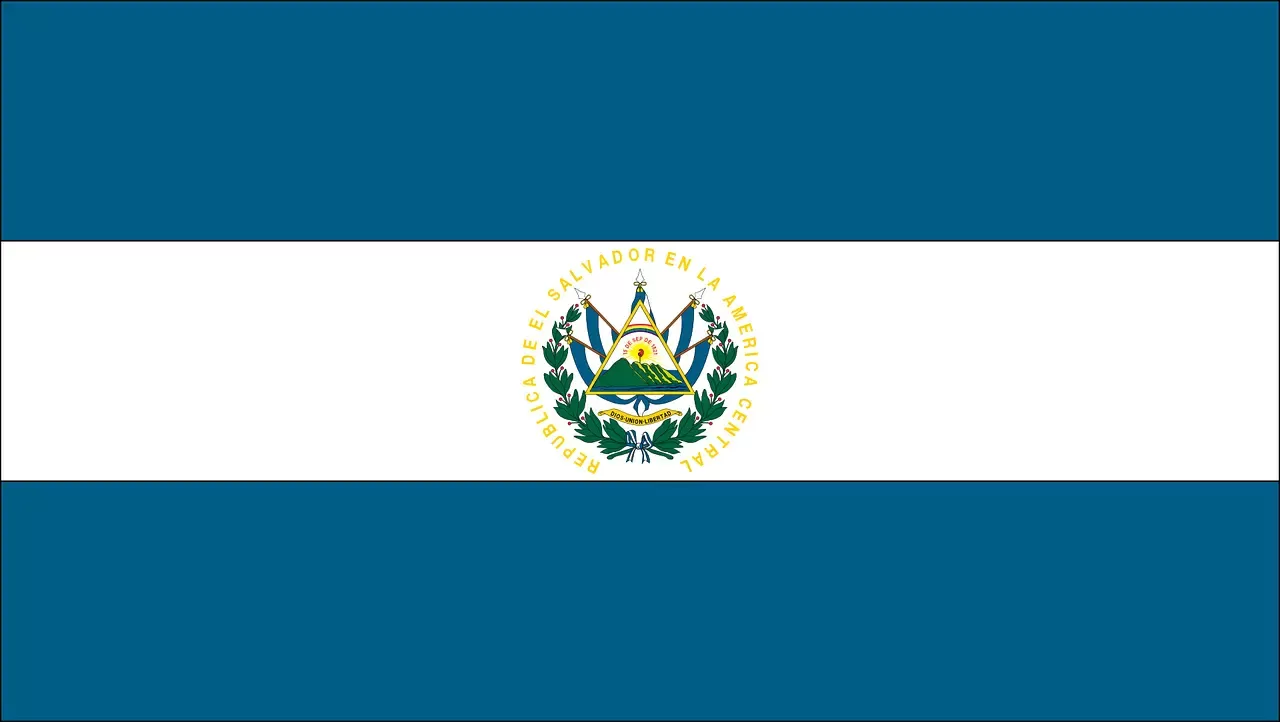Wealthy US families see diversification as an essential cornerstone in every high-net-worth individual’s asset management plan. For American families in particular, the idea behind diversification is not only about spreading investments across asset classes at home. It’s also about hedging against inflation, recessions, asset devaluation and rising geopolitical risks.
Diversification of location is as important as diversification of assets. Increasingly, U.S. families are investing in property, businesses, or second citizenship programs abroad to create a more resilient, global wealth strategy. This international layer of protection provides security, flexibility, and long-term opportunities for future generations.
Below are the main reasons why American families are prioritizing international wealth diversification in 2025.
Economic instability Factor for US Families
Economic instability, whether local or global, can make a major dent in one’s wealth. This is highlighted by the massive inflation the world has had to deal with since the COVID pandemic. In 2022, global inflation reached an average above 8%, marking it as one of the highest in recent memory. That high inflation created an economic tension felt throughout the world, and some countries felt it more than others. US has a strong hold when it comes to inflation however, international diversification isn’t solely defensive, it also creates access to unique growth markets. American families are increasingly looking abroad for opportunities in real estate, private equity, and venture capital.
For instance, investing in Caribbean resort developments can yield attractive rental income while doubling as a pathway to second citizenship. In Europe, golden visa programs tied to real estate offer both long-term appreciation and residency rights. In Latin America, affordable farmland and renewable energy projects provide high-yield opportunities aligned with global sustainability trends. By tapping into diverse markets, families reduce reliance on U.S. cycles and broaden their investment base.
Geopolitical and Regulatory Uncertainty
Another important factor to consider is global geopolitical tensions. Debates around wealth redistribution, higher inheritance taxes, and potential capital gains hikes leave many families wary of overreliance on a single jurisdiction. Wealthy households know that rules can change quickly and when they do, they can impact generations of planning. As fewer countries get along with each other and political blocks broaden their economic parameters, an investor may find their assets all locked up within one geopolitical area. By diversifying their assets throughout the global geopolitical spectrum, investors can mitigate the risk of political crises affecting their wealth. Jurisdictions like St. Kitts & Nevis, St. Lucia, and certain European countries offer stable or favorable tax environments with no inheritance or global income taxes. For U.S. families, securing a footprint in such locations provides flexibility. Whether it’s estate planning, succession for family-owned businesses, or long-term retirement strategies, diversifying across tax regimes reduces the risk of sudden domestic policy shifts.
Tax and Compliance Considerations for Americans
While global diversification offers attractive benefits, U.S. citizens remain taxable on worldwide income. American families exploring offshore strategies must manage a complex compliance landscape to avoid penalties.
- Foreign Account Reporting Requirements (FBAR & FATCA): Accounts exceeding certain thresholds must be reported annually. Non-compliance can trigger fines reaching tens of thousands of dollars.
- Tax on Foreign Income: Dividends, interest, rental income, and capital gains abroad are subject to U.S. tax, though foreign tax credits may offset some of the burden.
- Estate and Gift Planning: U.S. estate and gift taxes apply to global assets. Poorly structured offshore holdings can create double taxation or trigger unexpected liabilities.
- Institutional Reporting: Not every foreign bank or fund provides IRS-compliant statements, making jurisdiction and partner choice critical.
For families, these obligations mean that while offshore diversification is powerful, it must be executed with careful planning and professional guidance. Structured correctly, the benefits outweigh the reporting burden.
The Pros of Offshore Investing
Tax Advantages
Many countries offer favorable regimes to attract international investors. Caribbean programs, for instance, impose no global income, inheritance, or capital gains taxes, allowing American families to grow and transfer wealth more efficiently. Incorporating through offshore entities can further optimize tax structures, particularly when combined with double taxation treaties.
Asset Protection
Legal structures such as trusts, foundations, and international corporations provide additional layers of protection. Families concerned about litigation, creditor claims, or political risk at home can safeguard wealth abroad. Even though trust income remains taxable to U.S. residents, offshore structures act as strong shields for legacy assets, particularly when tied to long-term estate planning.
Estate Planning & Legacy
For many families, the ultimate goal is to ensure smooth, tax-efficient wealth transfer. By leveraging jurisdictions with zero inheritance tax, American families can maximize what heirs receive. When paired with a second citizenship or residency, these structures also provide children with access to global education, healthcare, and mobility, turning financial diversification into a holistic family strategy.
Individual Sovereignty
For American families, international diversification is also not only a responsible choice, it’s about control over their future. By spreading wealth across multiple jurisdictions, families reduce their reliance on the rules and regulations of a single government. This expanded sovereignty provides freedom to make choices about education, healthcare, lifestyle, and legacy without being constrained solely by U.S. systems or policy changes.
Combining global asset diversification with mobility solutions, such as a second citizenship or residency permit, enhances that autonomy even further. A second passport allows families to relocate if taxes, politics, or regulations at home become restrictive. It also ensures that children have access to international schools and universities, without being limited by U.S.-only options.
This concept resonates strongly in today’s environment, where many Americans are wary of overreach, economic crisis, or sudden regulatory shifts. Much like cryptocurrency operates outside the control of one central system, international diversification offers families a freedom-based framework. By combining offshore investment with global mobility solutions like citizenship by investment or golden visas, families not only safeguard assets but also open new doors for future generations. The right offshore plan is more than just a financial hedge, it’s a legacy strategy, providing security, opportunity, and peace of mind.















